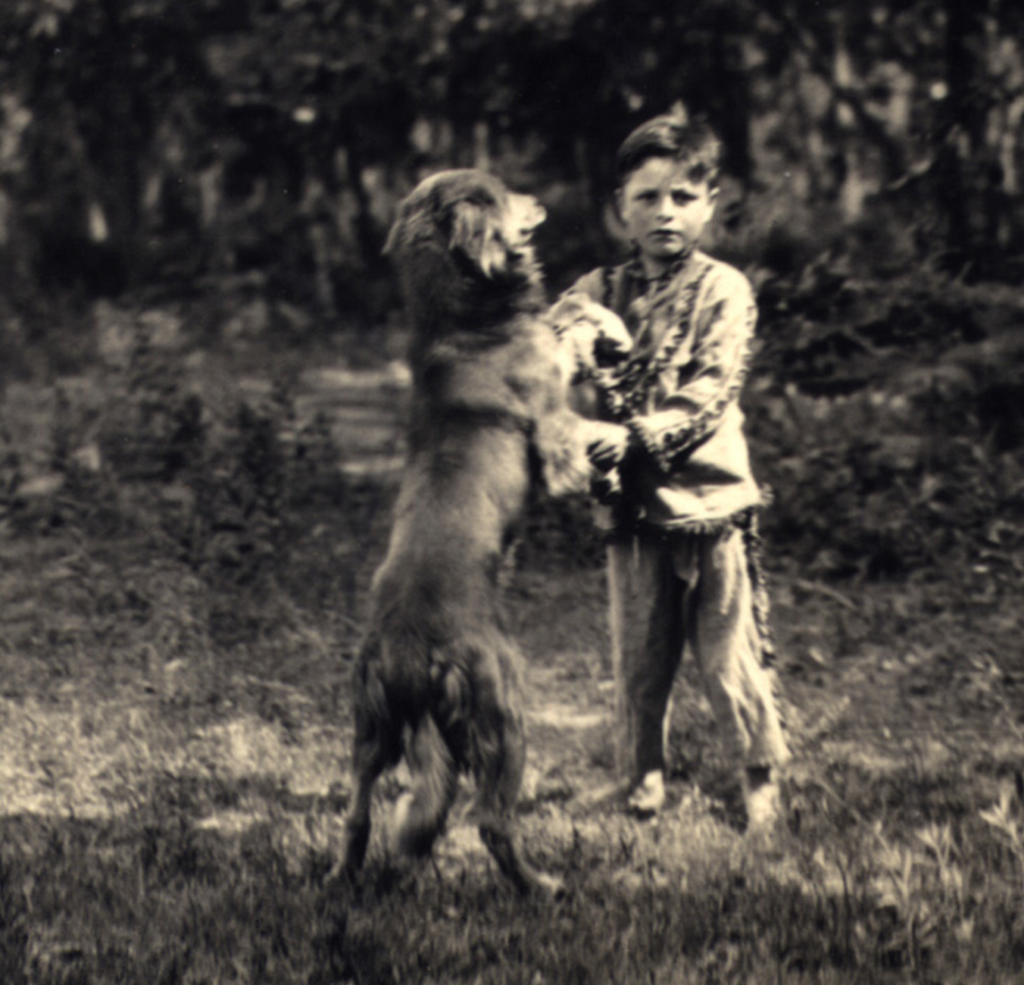It is said …
Three words that connected me to my culture, history and self.
My tribe the Kiowas, like most Plains Indian tribes did not have books documenting our history, we had stories shared from one generation to the next, an oral memory chain. Always one generation away from extinction.
It is said, these three words started most stories I heard in my childhood. My Grandfather and his sisters and brother shared Kiowa stories and songs with me from my earliest memories.
The rhythm of the Kiowa language captivated me
The elders all used the old Plains Indian-style sign language unconsciously while speaking in Kiowa or English. In either language their hands flew in accompaniment to their words adding a hypnotic show to the already rhythmic sounds as they taught me about being Kiowa.
My Grandfather, C. E. Rowell, Adalhabakia was a Kiowa artist and recognized Tribal Elder, this meant that he was a man of distinction within the tribe, he knew the Kiowa history.
Most of my Grandpa’s art and stories came directly from one of the two Kiowa deerskin calendars that chronicled Kiowa life from the late 1700s to early life on the reservation in the late 1860s.

As a boy, my Grandfather watched the last Kiowa Calendar Maker, Onco paint the summer and winter markings for the years. From Onco, my Grandfather learned how to read the three Kiowa Calendar Chronicles and how to conduct a Tribal Storytelling Gathering.
It was Onco that taught my Grandfather the importance of Kiowa history. Without memory of who we are, what we’ve done, we would not exist as Kiowas.
A Kiowa Storytelling
In a formal storytelling, Grandpa would start the telling from one of the Calendars.
He recited the main happening for the tribe from a specific year and season.
After Grandpa’s recital, another would nod his head and say, “Haw, my grandmother remembered that year, it is said in my family that was the year that … and it would go on through the evening.
Remembered stories, history and legends would unfold through the night bringing us all closer as a people with a shared history.

At home, we would get our own shows. Grandpa would roll out the deerskin calendar. I remember it was wrapped in a once-white sheet that was near brown with age.
I would watch carefully as the Calendar was being unrolled. The hair of the long-dead deer was always what I glimpsed first, then as the hide revealed itself, primitive figures and bright colors danced on the cured inside.
Grandpa would seem to gaze into the calendar, then up reviewing his paintings that covered all wall surfaces. By then, we would be gathered. Waiting. Wiggling.
Until finally he would point at one of his paintings, using it to draw us in, to paint his story of our people, our culture and events, to make us Kiowa.
I trailed my Grandfather everywhere.
He would often visit with family and friends. With every stop, there were stories.
Stories of growing up with the Old Ones, their parents and grandparents. The Old Ones told stories of living free in Kiowa Country, of war and capture. And survival.
From a distance, I listened and heard of life before the white settlers, of battles won and lost, of the daily life of the Kiowas. I learned the value of stories.
A Responsibility
When I was twelve, my very traditional Kiowa Grandfather, pointed at me with his chin in the style of the old ones and decreed, “You. You will keep these stories alive. You are next.”
Our eyes locked, my body trembled with the truth of it. I had a responsibility. Even now at sixty-one, I remember that moment vividly.
It is my turn, my responsibility to share our stories.
It is said …
Read more Stories from Kiowa Grandparents here.